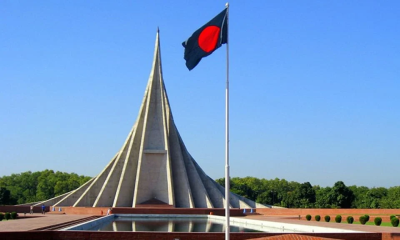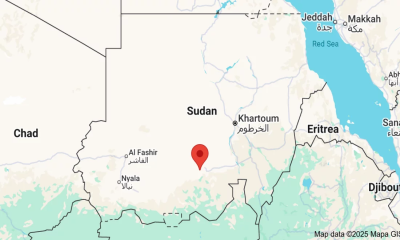Liquidity support from Bangladesh Bank alone may not be enough to stabilize struggling banks, prompting calls for immediate action to facilitate liquidity transfers from stronger banks to weaker ones, according to financial experts.
Speaking to UNB last night, the chairman of a newly appointed private bank board expressed concern over the worsening liquidity crisis. "Clients of some weak banks are in urgent need of cash for their families, but these banks are unable to meet the demand due to a severe liquidity shortage," he said.
Bangladesh Bank Governor Dr. Ahsan H. Mansur acknowledged the crisis, explaining that the central bank is actively working on providing liquidity support to banks facing difficulties. However, he urged depositors to remain calm. "People should not panic. The central bank and the government are doing everything possible to protect depositors` interests. Money will be returned gradually as needed," Dr. Mansur told UNB.
Despite these reassurances, a significant number of clients are crowding branches of the affected banks, attempting to withdraw their funds. To address this, Bangladesh Bank has stepped in to offer liquidity support to these institutions. The central bank plans to stabilize the situation before initiating reforms within these banks.
The crisis is rooted in irregularities and corruption during the tenure of the previous government. Several banks weakened under the mismanagement of their boards of directors, many of which were recently replaced. These banks will now receive liquidity assistance against guarantees from the central bank, with stronger banks providing the necessary funds.
Since the change in government, Bangladesh Bank has moved away from propping up failing banks by printing money, as was previously done. Instead, the regulator has finalized a policy to offer liquidity support through special arrangements. According to Bangladesh Bank officials, past avenues for siphoning off funds from these banks have been blocked, but small depositors continue to panic, leading to large-scale withdrawals.
“If this continues, even strong banks could be affected,” warned a central bank official. “Liquidity assistance is being provided to alleviate the immediate pressure, and after that, we will focus on restructuring these banks. If a bank cannot recover, we may pursue mergers.”
Under the leadership of the new governor, the boards of directors for 11 banks and one financial institution have been dissolved. The banks include Islami Bank, Social Islami Bank, First Security Islami, Union Bank, Global Islami Bank, Bangladesh Commerce Bank, Al-Arafah Islami, National Bank, UCB, IFIC Bank, Exim Bank, and Aviva Finance, a financial institution. Nine of these were controlled by the S Alam Group, a business conglomerate with close ties to the previous government.
Following the reshuffling of these banks` boards, depositors—both large and small—have flocked to withdraw their money, further straining liquidity. This panic has led to severe cash shortages, with many clients unable to access their funds. In some cases, cheque clearing facilities have been suspended due to deficits in current accounts, and customers are also reporting difficulties withdrawing cash from ATMs.


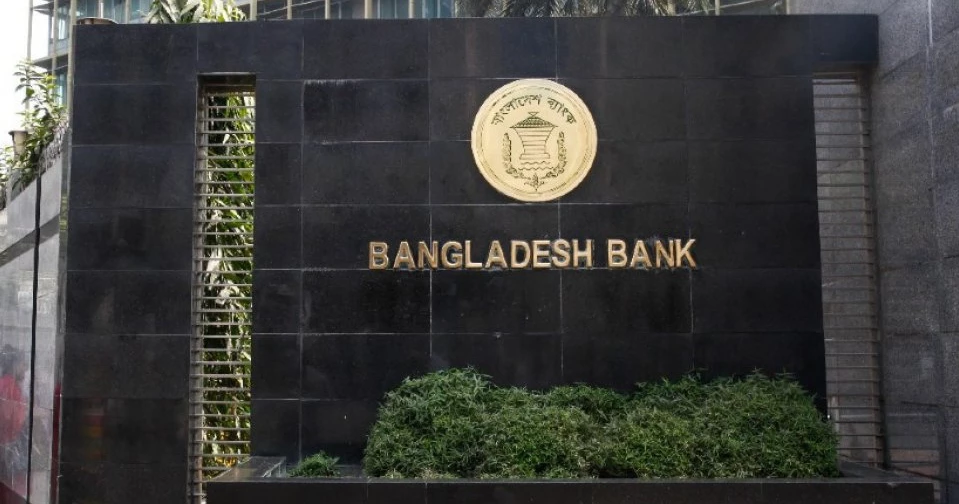

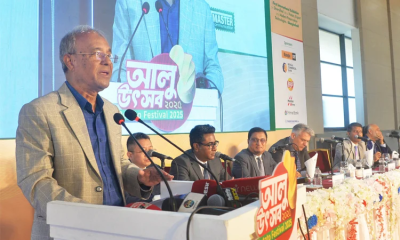


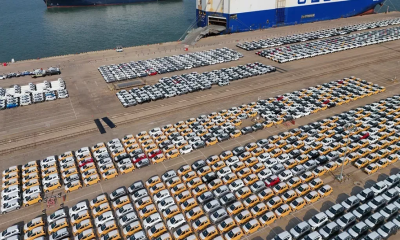
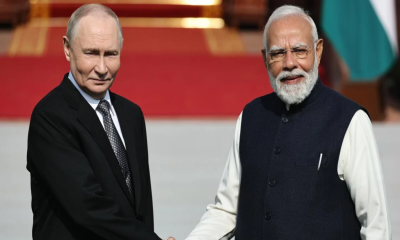
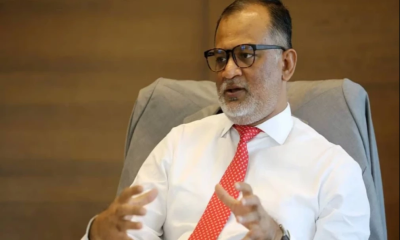

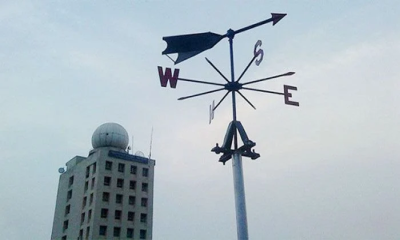
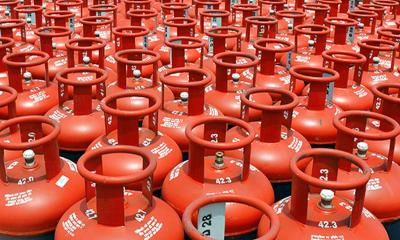



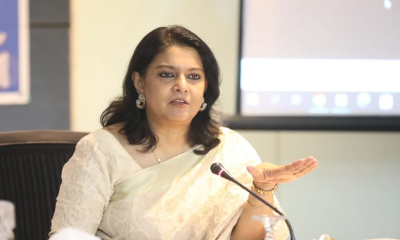

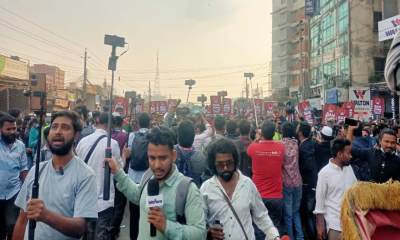

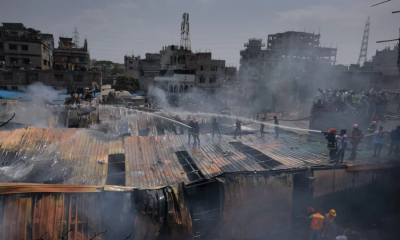
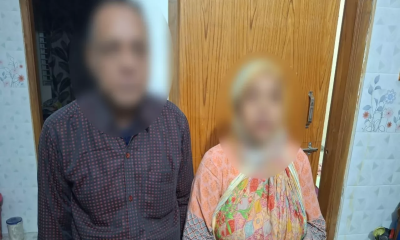

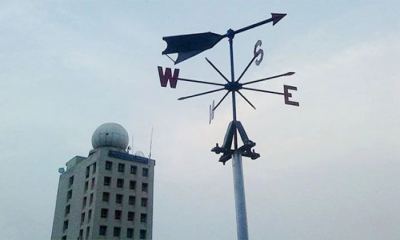

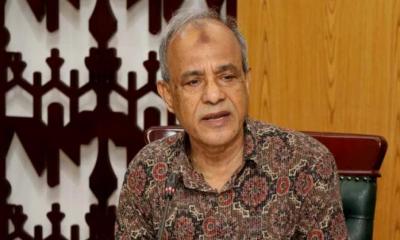


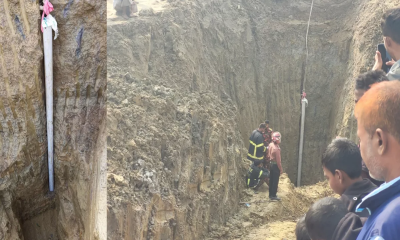




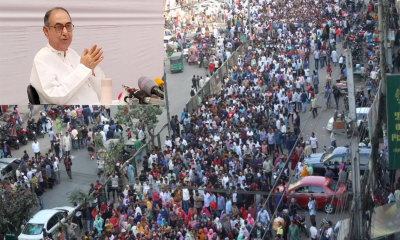
-20251216054240.jpeg)
